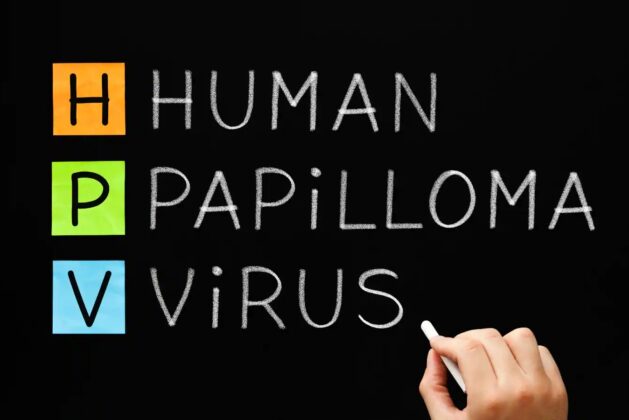[ad_1]
Human papillomavirus is a type of viral infection that spreads from person to person through skin-to-skin contact. According to the Centers for Disease Control and Prevention, human papillomavirus (HPV) is an infection that is spread through sexual contact. It has been found that sexual contact is the most common cause of the spread of this virus. Studies show that some women are unaware of this virus for a long time due to lack of information. Learn all about HPV in this article with links to various studies.
What are the main causes of HVP?
According to the US Department of Health and Human Services, sexual intercourse is one of the main causes of HVP. Statistics show that it can also be spread through sexual, oral or anal contact. The worrying thing is that many women do not know that they have HPV.
However, not only sexual contact is responsible for the spread of HVP, but the infection can also spread through skin contact. According to the US Department of Health and Human Services, due to the lack of specific symptoms of the virus, many people go undiagnosed even after being exposed to HPV.

HPV can also be passed from mother to child
Sometimes the virus can be passed to the baby when a woman gives birth to HPV. When this happens, the child develops recurrent respiratory papillomatosis, which allows HPV to develop in the throat or respiratory system. HPV can also cause cervical cancer and other cancers of the head, neck, and throat. Therefore, it is more important to be aware of it.
How can you tell if it’s HPV or something else?
According to the Centers for Disease Control and Prevention, 90 percent of HPV cases (9 out of 10) clear up on their own within two years. But when the virus does not go away on its own, it can lead to serious health problems, such as genital and throat tumors.
The causes of warts in HPV are different from the types of cancer. Therefore, the presence of genital warts in HPV is not related to cancer. In addition, cancers caused by HPV often do not show until the cancer has reached an advanced stage.

What steps can be taken to prevent HPV?
There can be problems in knowing the infection due to the lack of specific symptoms of HPV, but these problems can be avoided by taking care of some things –
The easiest way to prevent HPV is to have sex using a condom.
The Gardasil 9 vaccine can prevent genital cancer and HPV.
According to the Food and Drug Administration, people between the ages of 27 and 45 who have not previously been vaccinated against HPV can now receive the Gardasil 9 vaccine.
To prevent HPV-related problems, it can be helpful to have regular health check-ups, Pap smears.
[ad_2]



Leave a comment